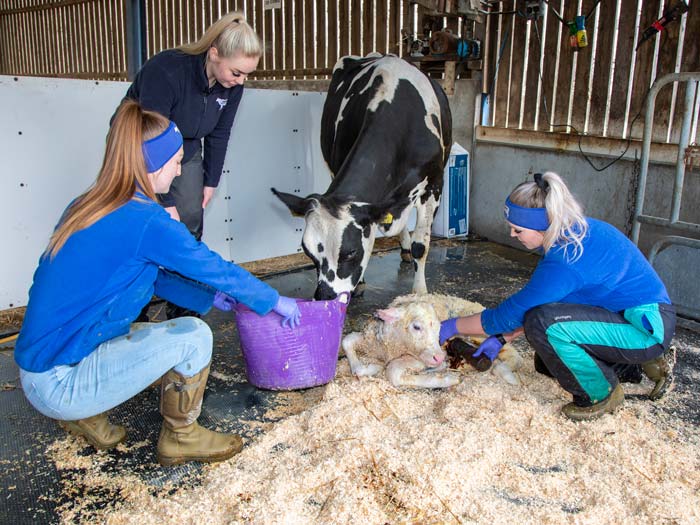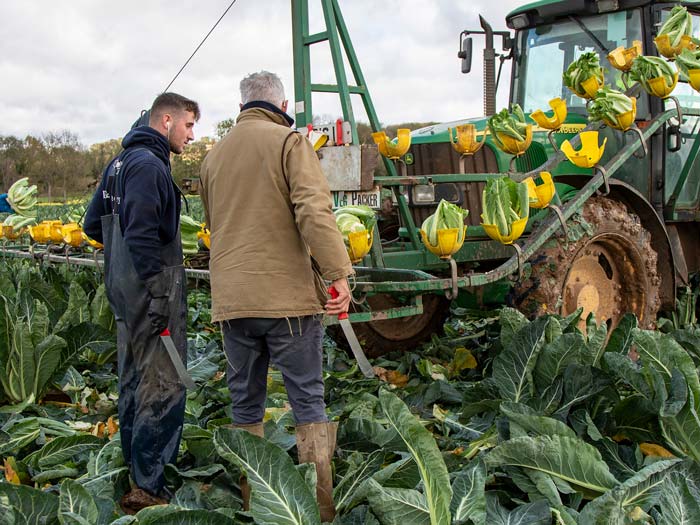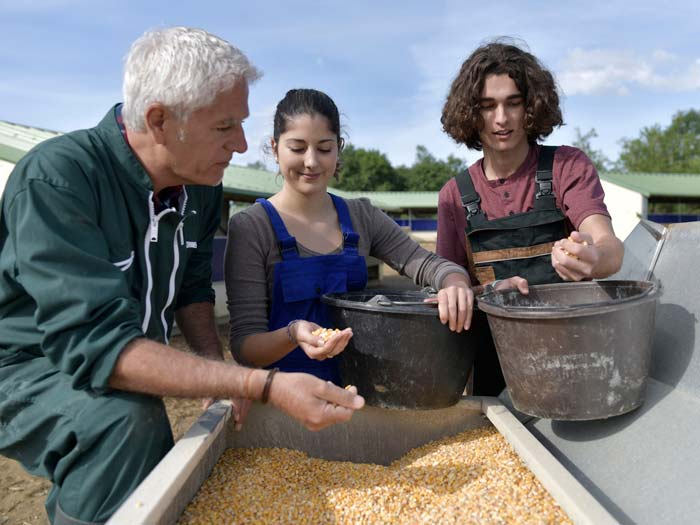Apprenticeships and T levels
Apprenticeships and
T Levels
Apprenticeships and T Levels
Apprenticeships and T Levels offer people a chance to learn on the job while gaining a qualification. Businesses can benefit from the fresh ideas and enthusiasm apprentices and students can bring to a farm.
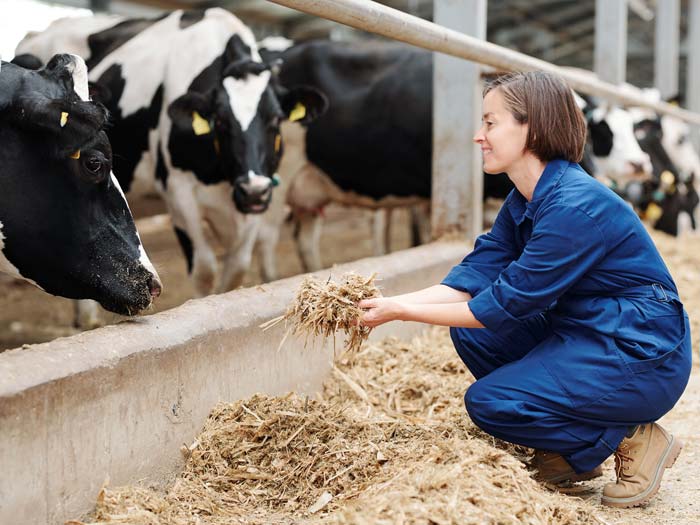
If you're interested in learning on the job while gaining a qualification, an apprenticeship or T Level might be a good option for you. Similarly, businesses can benefit from taking on apprentices or T Level students.
If you're looking to study, then choosing between the two will come down to your personal choice to gain a qualification that's more focused on ‘on-the-job’ learning or one which is more academic, equivalent to three A levels.
Similarly, employers may want to consider the differences in options available when looking to take on a student or apprentice.
We look at the options for those keen to get started and for the businesses which may want to help them.
If you're looking to study, then choosing between the two will come down to your personal choice to gain a qualification that's more focused on ‘on-the-job’ learning or one which is more academic, equivalent to three A levels.
Similarly, employers may want to consider the differences in options available when looking to take on a student or apprentice.
We look at the options for those keen to get started and for the businesses which may want to help them.
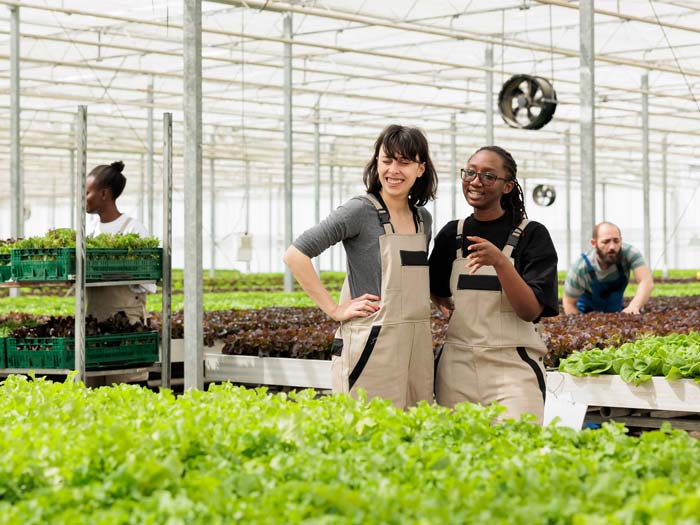
Apprenticeships
An apprenticeship is for anyone who would like to learn on the job and be paid, while also studying for a qualification. You usually spend one day a week at college and the rest of the week at work.
Employers can take on apprentices at different levels, from school leavers and university graduates to people who want to further their careers or change career direction completely.
Employers can take on apprentices at different levels, from school leavers and university graduates to people who want to further their careers or change career direction completely.
Find out about the benefits of starting an apprenticeship, what you could earn and how to take the next step.
Apprenticeships can provide businesses with keen, motivated workers who are eager to learn new skills.

T Levels
A T Level is a qualification for 16 to 19-year-olds. It combines studying with work and takes two years to complete. This includes at least nine weeks learning on the job on an industry placement. T Levels focus on 80 per cent academic study and 20 per cent industry placement.
T Levels equip young people with the key skills and knowledge required in industry. Progression routes for T Levels include higher apprenticeships, entry-level employment or higher education.
T Levels equip young people with the key skills and knowledge required in industry. Progression routes for T Levels include higher apprenticeships, entry-level employment or higher education.

We've collected the key information about T Levels so you can find out how they can help you kick start your career.
Find out more about T Levels, the placements they include and how your business can benefit from them.
Heading Example
A paragraph is a self-contained unit of a discourse in writing dealing with a particular point or idea. Paragraphs are usually an expected part of formal writing, used to organize longer prose.
